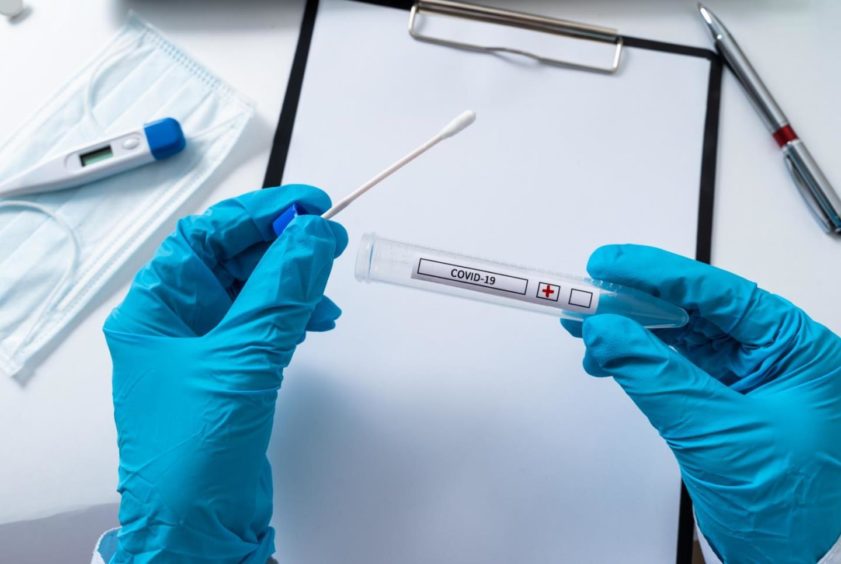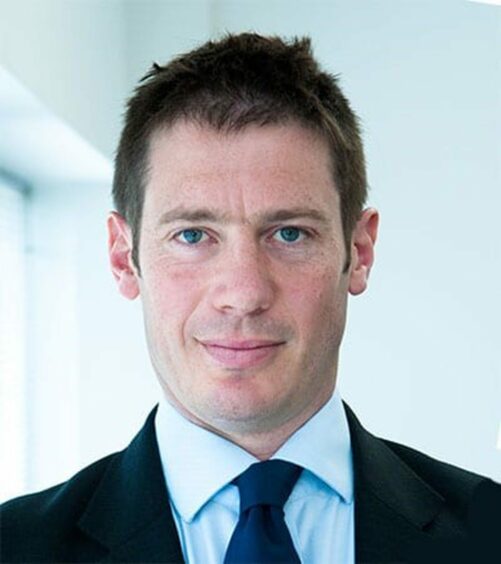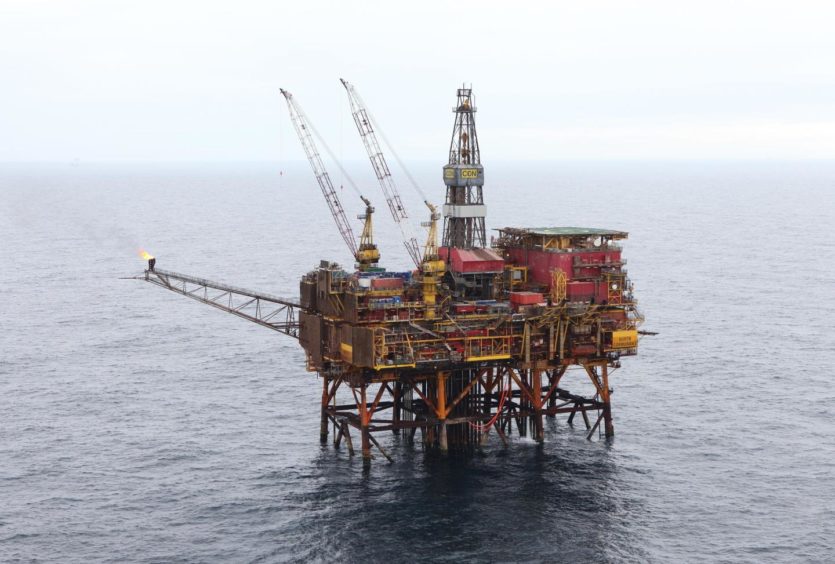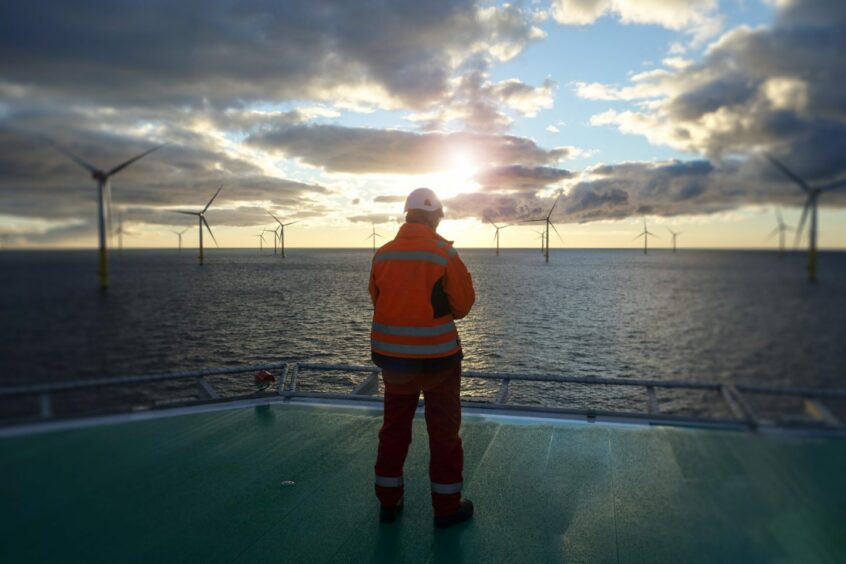
With the UK having seemingly emerged from Covid-19 – or still emerging depending on whom you ask – it affords the oil and gas industry time to take stock.
For the last couple of years it has been action stations, as companies took drastic and unparalleled measures to ensure the virus did not shut down the offshore industry.
Medical evacuations, temperature checks, social distancing and more all became part of normal operations for crew.
By and large the industry’s response was a resounding success, and people worked tirelessly to keep the country’s lights on, even in the darkest of lockdowns.
On the front line of efforts to keep the North Sea moving was safety services provider Remote Medical International (RMI).
Typically, the Seattle-headquartered company provides medics to rigs and platforms, but in recent times, it broadened its scope to cover the running of ‘Covid copters’, which brought positive cases back ashore.
Duncan Higham, RMI’s chief executive, said: “The last couple of years have been sort of frenetic really. A lot of our doctors and medics were very involved with a lot of the NHS work, right from the outset.
‘Something they had not experienced was coming’
“We saw the pandemic start to take place in late February as information begun to seep through from the intelligence arm of RMI. Our doctors become our source of information and from quite early on, we were able to explain to our clients that something they had not experienced was coming.
“From a really early phase in the pandemic, we were doing an awful lot of consulting to our clients, because the information we were receiving from other sources wasn’t always helpful.”
In the North Sea, where RMI works for the “majority” of multinationals in “one form or the other”, priority testing “wasn’t really in place” in the early days.
A thermometer and an antibody test
That presented a “real challenge” for the company, which has a regional base in Aberdeen, as it tried to stop those with the virus from travelling offshore.
“All we had to start with was a thermometer and an antibody test,” explained Higham, “and the latter wasn’t showing the results in an early enough stage that it was really a great deal of value.
“We had to develop a screening process very quickly, and the rigs that we were working with had an extremely low rate of incident offshore.”
Obviously, it was nigh on impossible to create a watertight system, and cases inevitably cropped up on platforms and rigs.
Higham said: “That’s where the medics offshore and the Covid copters really had an awful lot of value. We could quickly evacuate and stop what everyone was really nervous about – a widespread outbreak offshore.”
He added: “There was a lot of collaboration between different groups and the industry took it really seriously. We were very conscious that our operations were costing a significant amount of money, and at the time, commodity prices were extremely low.”
Now, with operations in the North Sea largely running as normal once more, the legacy of the Covid response can begin to be untangled.
An increased demand for medical advice
For its part, RMI, which also has regional bases in South Africa, the UAE and Ghana, has noticed a real “willingness” from clients to engage with its senior leadership team.
“They want to have that consultation. You pay an awful lot of money for good legal and accounting advice, and currently – given the closeness of the pandemic and the possibility of more strains – paying for medical advice is a sensible precaution to take. We’re seeing that certainly developing,” said Higham.
He added: “The demand for medics has probably never been higher. The problem we have is that it’s also extremely high within the NHS.
“What we’ve always been conscious of is avoiding taking people out of the public service to work privately. But there’s no doubt at the moment that demand is outstripping supply, and we’ve seen a push on price as a result.”
In the face of increasing costs, Higham stressed that RMI hasn’t altered its entry barriers, and qualified medics still need to pass internal tests to wear the badge.
Safety in a low carbon world
Looking to the future, low carbon operations are going to be an increasing feature of North Sea firm’s portfolios.
That presents a raft of new and complicated challenges, but renewables is something RMI is already experienced in.
Higham said: “When RMI started out providing medics, we were right at the start of the offshore wind industry – those small tier one wind farms.
“We were fortunate enough to work with those operators when they were dipping their toe into offshore wind and so we’ve got a history of delivering that, and we fundamentally understand the need for offshore medics in a wind environment and the additional tasks that might be required.
“Getting to a patient on a rig is much more straightforward, but if someone is taken ill in a nacelle, then it requires your medic to be able to climb. Fundamentally, those medics need to be able to operate like a technician.
“We’ve been right at the start of that, at the forefront with RenewableUK and other trade bodies, looking at how that medical need is overcome. In addition to oil and gas, RMI is well placed for the transition, and both will be going on for a long time to come.”




